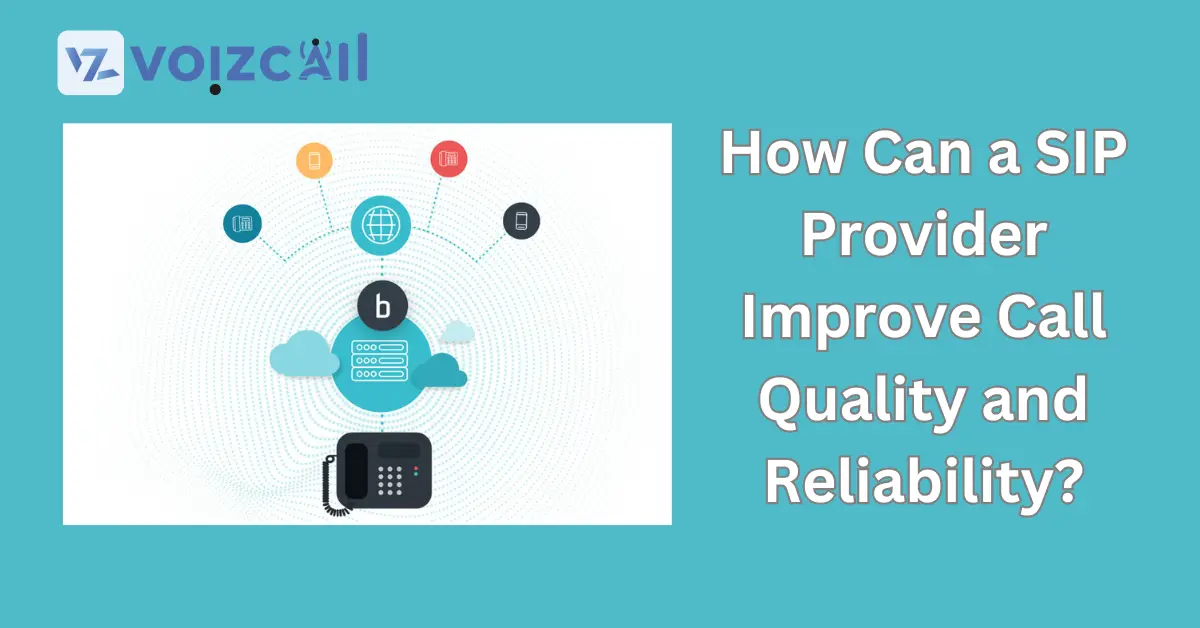


11/Apr/2024
A SIP (Session Initiation Protocol) provider plays a crucial role in enhancing call quality and reliability for businesses. By leveraging advanced technologies and optimized network infrastructure, SIP providers can significantly improve the overall calling experience.
One way SIP providers enhance call quality is through the use of high-quality voice codecs. These codecs compress audio data while preserving sound quality, resulting in clearer and more natural-sounding voice calls. By prioritizing the use of efficient codecs, SIP providers ensure that calls maintain their clarity and fidelity, even when transmitted over bandwidth-constrained networks.
Additionally, SIP providers invest in robust network infrastructure to minimize latency, packet loss, and jitter – common factors that can degrade call quality. By maintaining a reliable and low-latency network, SIP providers can deliver consistently high-quality voice calls, even during peak usage periods or network congestion.
Furthermore, SIP providers implement Quality of Service (QoS) mechanisms to prioritize voice traffic over other types of data on the network. QoS ensures that voice packets are given preferential treatment, reducing the likelihood of packet loss or delay. This prioritization helps maintain call quality and prevents audio distortion or dropout, especially in environments with limited bandwidth.
Another key aspect of improving call reliability is redundancy and failover mechanisms. SIP providers deploy redundant servers, data centers, and network connections to ensure continuous service availability. In the event of a server failure or network outage, failover mechanisms automatically reroute calls through alternative paths, minimizing downtime and ensuring uninterrupted communication for businesses.
Moreover, SIP providers offer comprehensive monitoring and troubleshooting capabilities to proactively identify and address potential issues that may impact call quality. Real-time monitoring tools allow providers to detect network congestion, latency spikes, or other performance issues and take corrective action promptly.
In conclusion, a SIP provider can significantly improve call quality and reliability by implementing advanced technologies, optimizing network infrastructure, prioritizing voice traffic, ensuring redundancy, and offering proactive monitoring and troubleshooting. Businesses that partner with a reliable SIP provider can enjoy crystal-clear voice calls and uninterrupted communication, contributing to enhanced productivity and customer satisfaction.